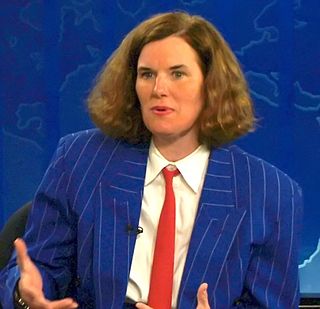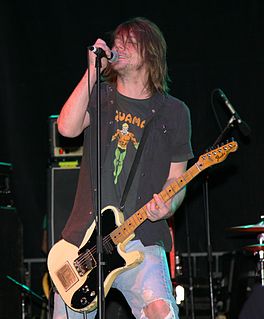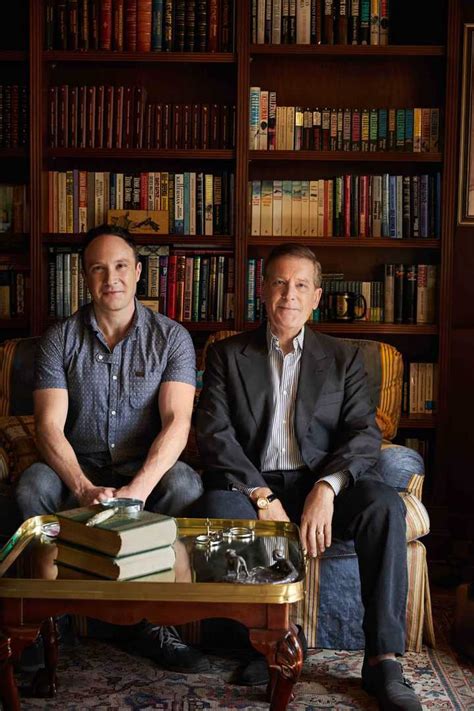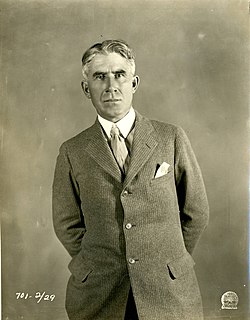A Quote by Oscar Wilde
I don't like novels that end happily. They depress me so much
Related Quotes
Miss Prism: Do not speak slightingly of the three-volume novel, Cecily. I wrote one myself in earlier days. Cecily: Did you really, Miss Prism? How wonderfully clever you are! I hope it did not end happily? I don't like novels that end happily. They depress me so much. Miss Prism: The good ended happily, and the bad unhappily. That is what fiction means.
I still read romance, and I read suspense. I read them both. And part of it is, I like stories with strong characters, and I like stories where there's closure at the end. And I like stories where there's hope. That's a kind of empowerment. I think romance novels are very empowering, and I think suspense novels are, too.






































